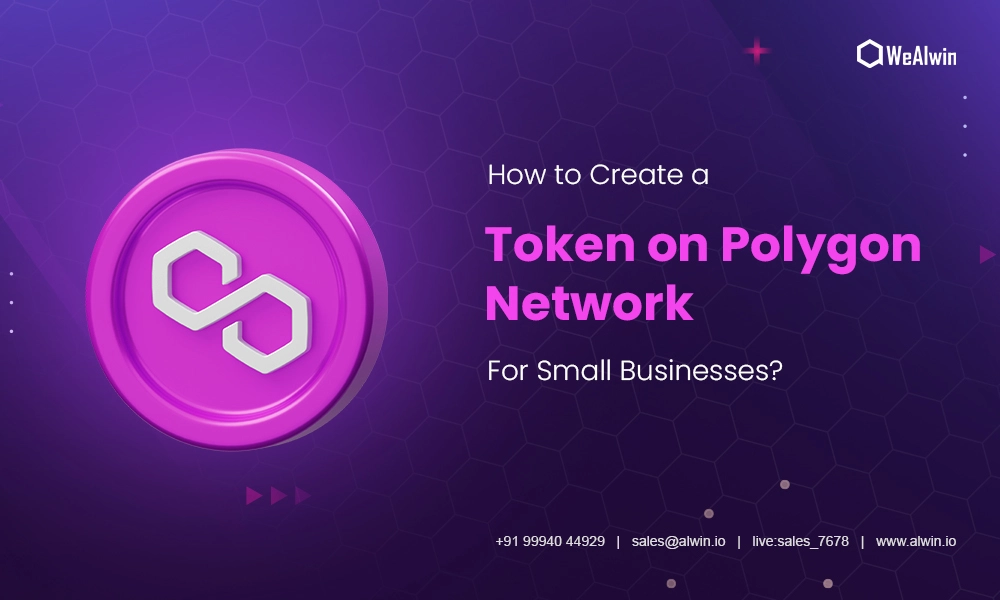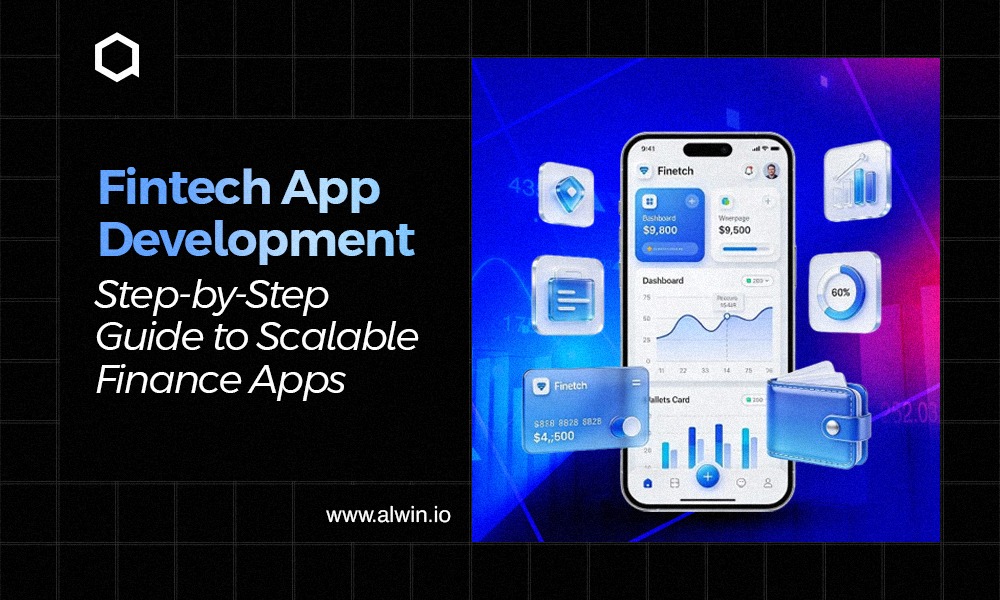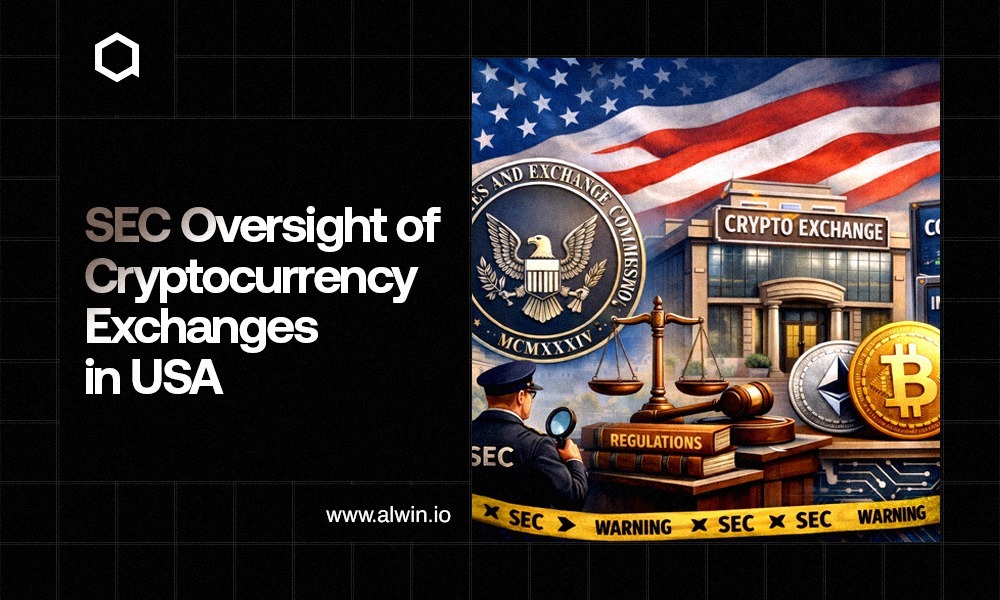Hey there, Investors and traders! Today, we're going to explore the fascinating world of Polygon Token Development. You might be wondering, what on earth is a Polygon Token? Well, warp up because we're about to find out!
As of the most recent data according to Coin360, the market capitalization of Polygon (MATIC) ranges from $624.69 million to $8.26 billion. It's important to note that market capitalization can fluctuate due to changes in token price and circulating supply.
What is Polygon Token Development?
Polygon, formerly known as Matic, is a layer 2 scaling solution for Ethereum. It aims to provide faster and cheaper transactions without compromising the compatibility of the Ethereum network. Polygon Token Development refers to the process of creating and deploying custom tokens on the Polygon network. These tokens can represent various assets, from digital collectibles to utility tokens, and will provide small businesses with versatile tools to enhance their operations.
Is Polygon Crypto Built on Ethereum?
Yes, Polygon (MATIC) is a crypto built on the Ethereum blockchain to enhance its scalability and usability.
How is Polygon Token Useful for Small Businesses?
Small businesses often struggle with financial barriers, limited access to capital, and the complexities of traditional financial systems. Polygon tokens offer a transformative solution by enabling these small businesses to create their digital assets and engage with a global audience directly. This opens up the door to crowdfunding, loyalty programs, and innovative business models that were previously unattainable.
You may ask: How can I integrate Polygon Tokens into my existing Business Model?
Integrating Matic Tokens requires development work to incorporate them into your digital infrastructure, such as Websites, Apps, or E-commerce Platforms.
Concept of Polygon Tokens and their Importances:
Polygon tokens are digital assets built on the Polygon network, utilizing its efficient and cost-effective infrastructure. These tokens can serve a multitude of purposes, such as enabling transactions, granting access to specific services, or representing ownership in a project. The importance of Matic Tokens lies in their ability to streamline processes, reduce costs, and democratize financial opportunities for small businesses.
How to Create a Token on Polygon?
Which Crypto is built on Polygon? Aave, SushiSwap, and Decentraland are among the cryptocurrencies built on the Polygon network.
Creating a Token on the Polygon network involves several key steps:
Conceptualization:
You can define the purpose and utility of your token. Determine whether it will represent ownership, access, or a specific service.
Token Standards:
The next Level is to Choose the appropriate token standards such as ERC-20 or ERC-721 based on your Business Requirements.
Smart Contract Development:
Create a Smart Contract that defines the token's behavior and properties.
Testing:
Thoroughly test the smart contract to ensure its functionality and security.
Deployment:
Deploy the smart contract on the Polygon network.
Integration:
Integrate the tokens into your business ecosystem, such as wallets, marketplaces, or applications.
Can I create multiple tokens for different purposes on Polygon?
Absolutely! Polygon's versatile infrastructure allows you to create multiple tokens with distinct use cases, catering to various aspects of your business.
Consult with our business experts to know more about Polygon Token Development! Chat with us on WhatsApp
Applications and Use Cases of Polygon Token Development:
The Polygon Network provides a platform for developing and deploying various applications and use cases. Here are some applications and use cases of Polygon Token Development:
Decentralized Finance (DeFi):
Decentralized Exchanges (DEXs): Developers can create DEXs on the Polygon network to facilitate fast and low-cost token swaps and trading.
Lending and Borrowing Platforms: DeFi projects can build lending and borrowing platforms that enable users to earn interest on their assets or borrow tokens with reduced fees compared to the Ethereum mainnet.
Non-Fungible Tokens (NFTs):
Digital Art and Collectibles: Artists can mint NFTs representing digital art, music, videos, and collectibles on the Polygon network. This benefits from the network's lower transaction fees and faster confirmation times.
Gaming: Game Developers can utilize Polygon to create NFT-based in-game assets, characters, and items, enhancing the gaming experience with ownership and interoperability.
Gaming and Entertainment:
Scalable Games: Online games can leverage Polygon's scalability to handle large numbers of players and transactions spending a lot of money as gas fees.
Microtransactions: Polygon's low gas fees make it suitable for microtransactions within the games, enabling players to purchase virtual items, upgrades, and content more affordably.
Payment Solutions:
Cryptocurrency Payments: Businesses can integrate Polygon for accepting cryptocurrency payments, providing users with an efficient and cost-effective way to transact digital currencies.
Cross-Border Transactions: Polygon's fast and affordable transactions are beneficial for cross-border payments and remittances.
Supply Chain and Logistics:
Traceability: Businesses can use Polygon to create supply chain solutions that enhance transparency, traceability, and authentication of goods and products.
Efficiency: Reduced transaction fees make supply chain management more cost-effective, especially for smaller transactions.
Governing and Voting Systems:
Decentralized Autonomous Organizations (DAOs): Projects can establish DAOs on Polygon for community governance and decision-making, using the cheaper costs on the network.
Token Voting: Token holders can participate in voting processes without worrying about high gas fees, encouraging broader participation.
Tokenization of Assets:
Real Estate and Property: The Tokenization of real estate and property assets on the Polygon network can improve accessibility to investments and enhance liquidity.
Fractional Ownership: High-value assets can be divided into fractions and represented as tokens, enabling fractional ownership and trading.
Cross-Chain Interoperability:
Bridges to Other Chains: Polygon provides bridges that facilitate the movement of assets between the Polygon network and other blockchains, expanding interoperability and utility.
Polygon Token Development offers a wide range of applications and uses cases across decentralized finance, NFTs, gaming, payments, supply chain, governance, asset tokenization, and cross-chain interoperability. Its scalability, low transaction fees, and compatibility with Ethereum smart contracts make it an attractive platform for building innovative blockchain solutions.
Choosing the Right Matic Token Standards for Your Business Needs:
Selecting the right token standards is crucial for achieving your business goals. ERC-20 tokens are ideal for fungible assets like currency, while ERC-721 tokens are suitable for representing unique items like digital collectibles. Consider your business model and user requirements when making this decision.
Matic Token Features, Benefits & Possibilities for your Business:
It offers a range of benefits beyond basic transactions:
Scalability: Polygon's high throughput and low fees ensure seamless scalability for your token-based applications.
Interoperability: Leverage Matic's compatibility with Ethereum and other blockchains to expand your token's reach.
Decentralization: Enjoy the security and transparency of blockchain technology, enhancing trust among customers and partners.
Innovation: Experiment with novel use cases, such as enabling token-based rewards or fractional ownership.
Case Studies of Successful Small Businesses Utilizing Tokens on Polygon:
Art Marketplace: A small art gallery created an ERC-721 token on Polygon to represent digital artworks. This allowed artists to retain ownership and earn royalties through additional sales.
Local Currency: A community used an ERC-20 token to create a localized digital currency, stimulating the local economy and encouraging spending at local businesses.
Subscription Model: A content creator issued a token that granted subscribers access to exclusive content and events, fostering a loyal fan base.
Conclusion:
In a digital era characterized by innovation, Matic Token Development stands as a beacon of opportunity for small businesses. The ability to create customized tokens on the Polygon network empowers businesses to redefine financial interactions, engage with customers on a deeper level, and unlock new revenue streams.
By bridging the gap between technology and entrepreneurship, Polygon tokens are democratizing the world of finance, one small business at a time. Insisting on the potential growth opportunities through Polygon tokens for small businesses.
WeAlwin Technologies is a top-notch Token Development Company that stands out as a premier company specializing in Matic Token Development. With expertise in blockchain solutions and a focus on the Polygon network, they deliver cutting-edge token creation services.
Our commitment to innovation and quality sets us apart in the industry. We are the leading Polygon Token Development Company.



